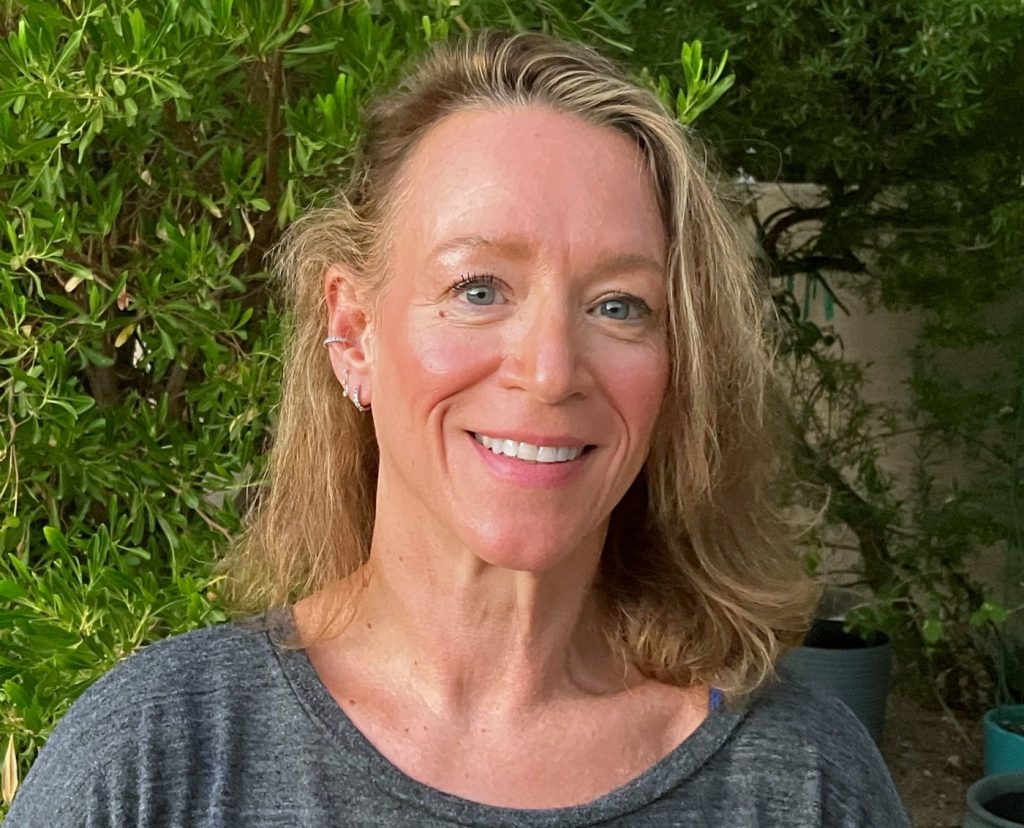On Feb. 16, 1988, I was 22, a madly-in-love newlywed happily employed with my husband, Wayne “Buddy” Williams, at the tech firm ESL Inc. in Sunnyvale.
Buddy and I had lunch together that day as usual and then went back to our separate departments. That was the last time I saw him. I could not have known that his kiss and hug goodbye were final.
At 3 p.m., my workday ended. I was about to enter Buddy’s building when a group of co-workers came running out screaming that someone was inside shooting.
A former employee, Richard Farley, had come back to the company headquarters. We did not know that he had been stalking our co-worker, Laura Black, for four years and been fired on sexual harassment charges.
All night, Farley’s violent nightmare continued. SWAT teams rescued people from his rampage as I stood alone, waiting to be reunited with my husband. I was told late that night that Buddy was dead.
Farley shot 11 people, seven of them died. Buddy died instantly after Farley shot him in the face with a shotgun. The other six murder victims all bled to death.
This crime was so horrific that it made national news and became a television movie starring Richard Thomas and Brooke Shields. It also spurred anti-stalking legislation.
Farley was sentenced to die. But no California prisoner has been executed since 2006, and in 2019 Gov. Gavin Newsom imposed a moratorium on executions. This even though just three years earlier California voters rejected a measure that would have abolished the death penalty and approved another that called for speeding up executions.
Santa Clara County District Attorney Jeff Rosen (Karl Mondon/Bay Area News Group)
Then Santa Clara County District Attorney Jeff Rosen announced in April his plan to resentence Farley and 13 other men previously condemned to death for crimes committed in the county to lifetime prison sentences.
At least three of those men have declined resentencing relief. In a series of hearings begun Aug. 8, five county prisoners have seen their death sentences reversed. Six cases remain, including Farley’s, which will be heard Friday before Judge Benjamin Williams.
Californians should be very concerned about what Rosen’s interference would mean for their future safety. In a time where mass shootings have now become common, the district attorney should be making an example of Farley, underscoring that no shooting will ever be tolerated regardless of when it occurred or how old the killer has become while living on death row.
Related Articles
6 myths about California crime as voters weigh ballot measure on drugs, retail theft
Opinion: Santa Clara County DA Rosen’s flawed arguments to overturn murderers’ death sentences
Serial killer on California’s death row confessed to 1986 cold case homicide, authorities say
‘It’s right back in my face again’: Relatives of South Bay murder victims decry death penalty resentencings
Families incensed as death penalty resentencings begin in Santa Clara County
Rosen’s petition is in direct opposition to the California Supreme Court, which in 2009 upheld Farley’s death sentence.
We, the loved ones, crime survivors and victims have desperately opposed Rosen in court all summer long. But the district attorney is deliberately ignoring us while feeding public explanations like “racial injustice” that have no bearing in these cases at all. Most of the killers and victims were White.
Farley should be executed, not guaranteed geriatric health care in prison forever on the taxpayers’ dime.
Libby Williams Allen lives in Arizona with her husband.


